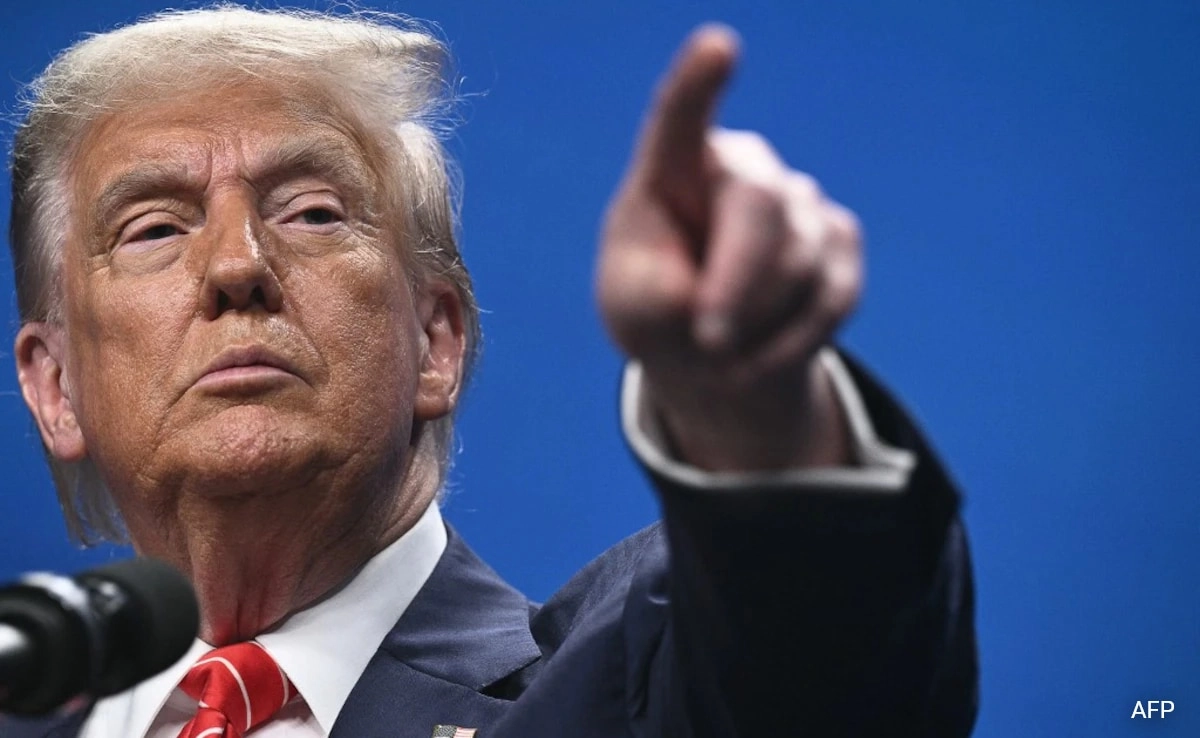In a recent announcement, former President Donald Trump declared that countries will begin to pay tariffs starting August 1. This decision reflects his ongoing commitment to an economic policy that prioritizes American interests, particularly in the realm of international trade. Trump’s administration has long advocated for a more protectionist approach, aiming to level the playing field for American manufacturers and workers who have often been disadvantaged by global competition. By imposing tariffs on imports, the intention is to encourage domestic production and reduce reliance on foreign goods, which Trump argues can lead to job creation and economic growth in key industries.
The timing of this announcement coincides with ongoing discussions about trade agreements and the United States’ relationships with various nations. Trump’s approach has often been characterized by a willingness to confront allies and adversaries alike, emphasizing a transactional nature in international relations. By implementing tariffs, the former president aims to leverage economic pressure to negotiate better terms for the U.S. Furthermore, this policy could have significant implications for global supply chains and trade dynamics, as countries reassess their strategies in response to the U.S.’s stance.
Critics of Trump’s tariff policy argue that such measures can lead to increased prices for consumers and potential retaliation from other nations, which may escalate into trade wars. The effects of tariffs can ripple through the economy, affecting not only the targeted goods but also related industries and services. As countries react to this announcement, it will be essential to monitor how these tariffs influence not only bilateral relationships but also the global economy as a whole. The balance between protecting American workers and maintaining cooperative international trade relations remains a contentious issue, with implications that extend beyond mere economic metrics.
Ultimately, Trump’s declaration serves as a reminder of the complexities of trade policy and the importance of strategic decision-making in a rapidly changing global landscape. The potential ramifications of these tariffs could shape the economic environment in significant ways, impacting everything from consumer prices to international diplomatic relations. As August 1 approaches, stakeholders across various sectors will be watching closely to gauge how these changes will unfold and what they mean for the future of trade in the United States and around the world.




